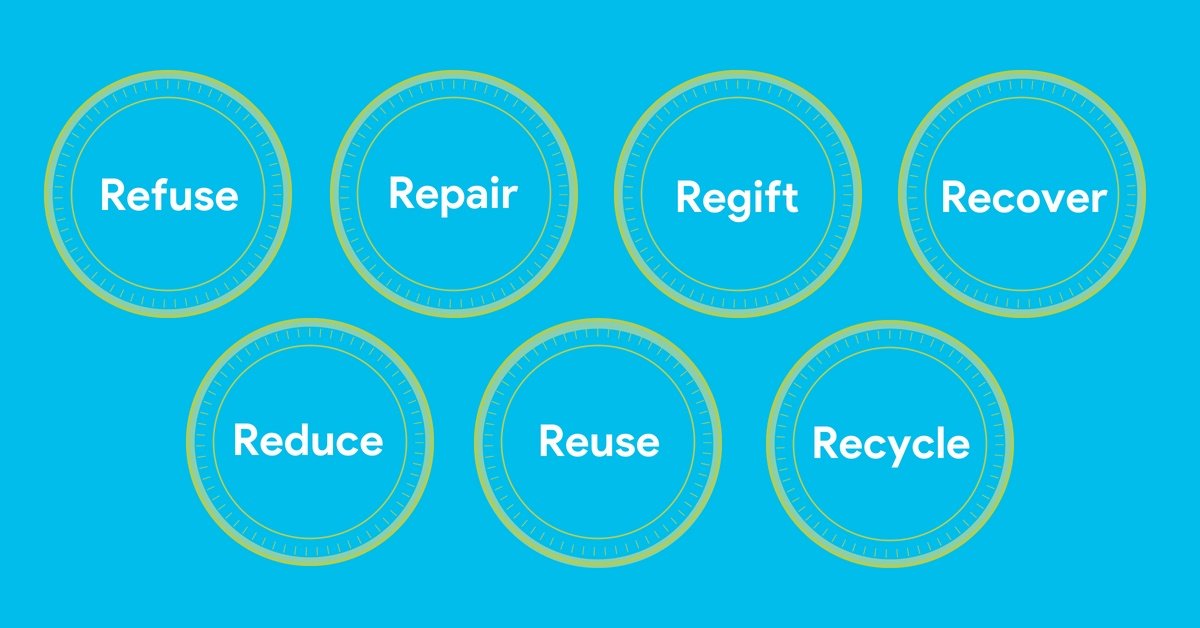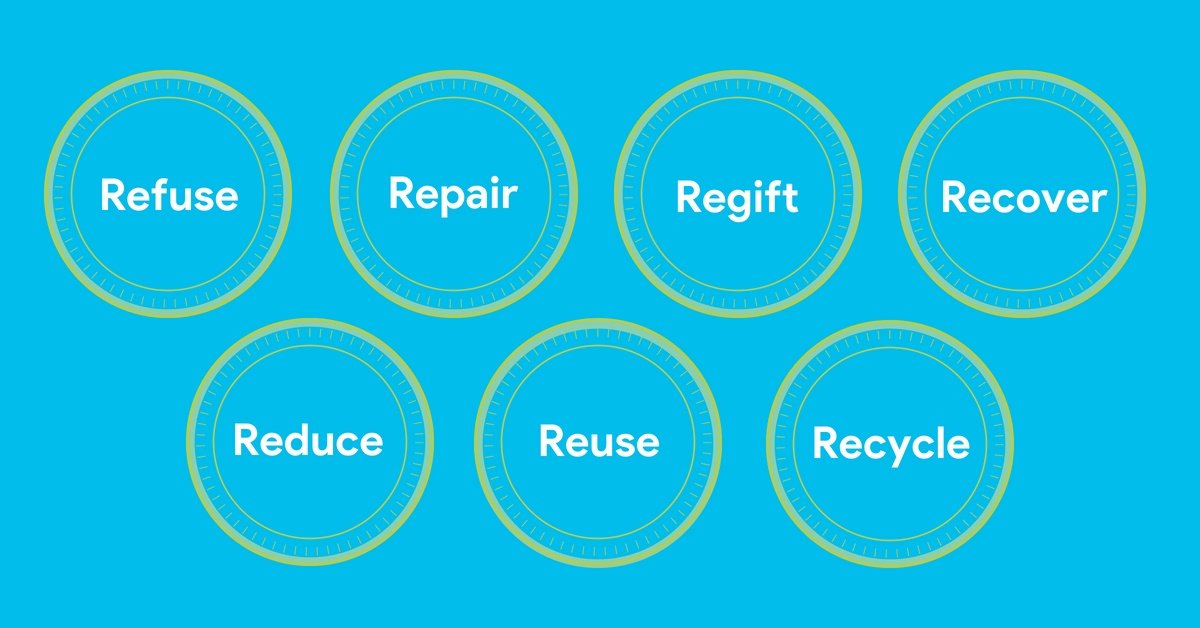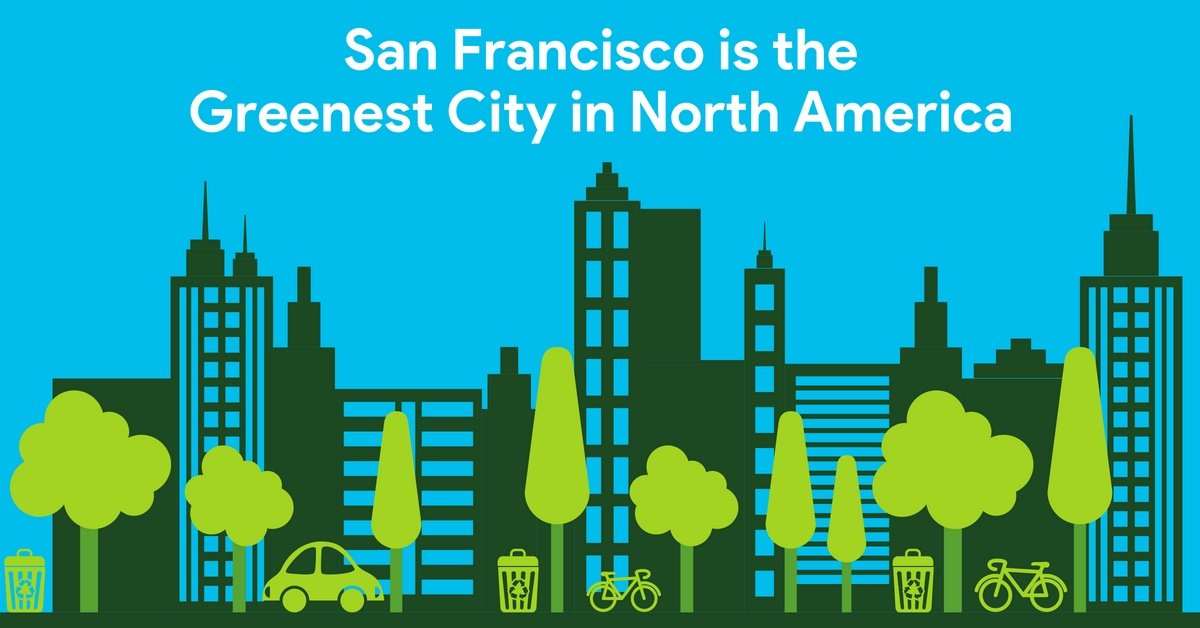Beyond the 3 R’s: A Primer in Waste Reduction

Many of us are familiar with the 3 R’s of waste management – reduce, reuse, and recycle. Waste management leads to waste reduction, which helps save communities time and money.
What are the origins of the 3 R’s?
The 3 R’s are a product of the increased environmental awareness of the 1970’s. Early in the decade, close to 20 million Americans celebrated the first national Earth Day to increase awareness around environmental issues. As conservation efforts grew, the federal government responded by forming the Environmental Protection Agency (EPA) and Congress passed laws such as the Resource Recovery Act.

A Quick Summary of the 3 R’s
Here’s a quick summary of what each item in the waste hierarchy stands for:
Reduce
Cutting back on how much waste is created is important to reducing what goes to landfills. Single-use plastics and food waste are two areas where we can have a significant impact in reduction.
Reuse
By finding new purposes for items, residents can extend the life of products and help the environment. Examples include:
- Turning empty glass jars into flower vases
- Donating clothing to local non-profit organizations
- Converting a plastic bottle into a bird feeder
Reusing is sometimes called repurposing, refilling, or upcycling because materials are not recycled, but a better use can be found for them. Residents can also bring their own containers to grocery stores to help reuse materials and reduce packaging. Get more upcycling ideas here.
Recycle
We all know the benefits of recycling – it reduces landfill, conserves natural resources, saves energy, and prevents pollution. But what is recycling exactly? The EPA defines it as the “process of collecting and processing materials that would otherwise be thrown away as trash and turning them into new products.”
Recycling starts by choosing to reduce waste and then finding the proper place for materials that are being disposed. The most common categories include paper, plastics, glass, and batteries.
Introducing More R’s
As our knowledge of waste management has expanded, the waste hierarchy has increased to 7 R’s.
Refuse
Many products that we purchase have unnecessary packaging, mostly plastics. Encourage your residents to ask questions before purchasing a product, such as:
- Is this product available somewhere else with less packaging?
- Do I need this product?
- Is this product sustainable or recyclable?
Repair
Consider repairing products that you own, instead of throwing them out. For example, can shoes with worn soles by re-heeled so they can be used for a longer time?
Regift
Sometimes we receive gifts that don’t match our lifestyle or preferences. Instead of throwing these items away, consider giving them to someone who will appreciate it. Or consider hosting a swap party where you and your friends can exchange items, so they will be used and cared for.
Recover
Consider how the natural process of decomposition can be used to give back to the environment. Organic materials such as grass clippings, leaves, and food scraps can be composted to create nutrient-rich material to be added to gardens. This step is sometimes referred to as rot. You can also learn more about residential composting here.
The 7 R’s In Action In San Francisco
Over the last decade, San Francisco has worked towards creating a sustainable zero-waste city with a few impressive records:
- Highest landfill diversion rate of any North American city at 80% (2012)
- Greenest City in North America under the Green City Index (2011)

By 2020, San Francisco’s goal is to reduce waste diversion to zero. They plan on creating a comprehensive waste reduction system that focuses on waste reduction and reuse, recycling, and composting. They’ll achieve this by:
- Educating residents to place waste in the right bins – garbage, recycling or composting
- Advocating for a producer responsibility system, where producers are responsible for the product’s entire lifecycle
- Encouraging residents to put the 7 R’s into action – refuse, repair, regift or recover
Share Your Story With Us
Does your municipality use the 7 R’s for waste reduction? How effective is it? We’d love to hear from you.
About Recycle Coach
Recycle Coach is an online platform that makes recycling easy—for our cities and the people they serve. We empower municipalities with tools that connect residents to local waste and recycling information when they need it.